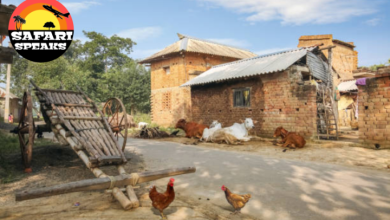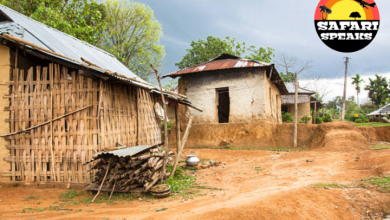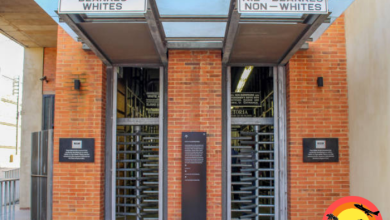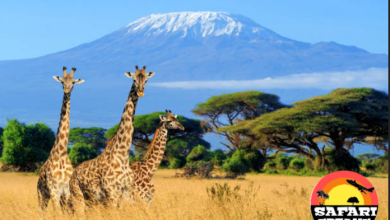What Is The Occupation Of The Aguluezechukwu People? Discover Ancient History
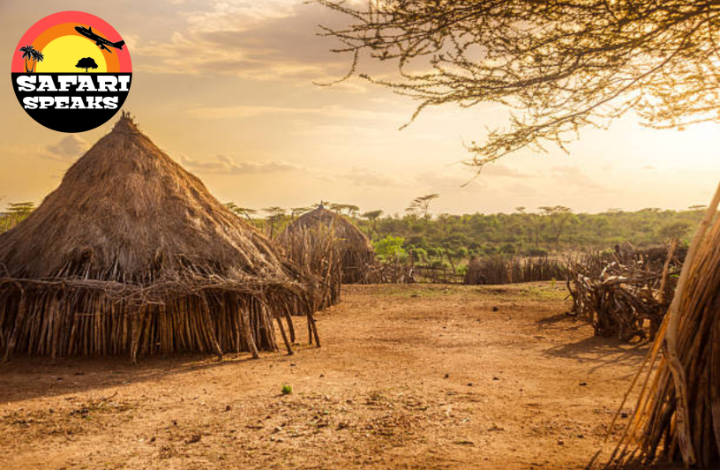
What is the Occupation Of Aguluezechukwu people? Aguluezechukwu people are from Aguata Local government in Anambra state. They are very rich in cultural heritage and are classified as having a very diversified culture and traditions, They migrated from Uga and Practiced hunting and farming.
Traders and businessmen among them can be found all over Nigeria and beyond. Quite a number are engineers, medical doctors, lawyers and university lecturers. There are lots of students studying both at home and abroad, just like any other community in Anambra State.
Some people are artists and craftsmen who can use raw materials around them to produce things like pestle and mortar, baskets of different kinds and shapes, carved items, hoes, machetes, etc in small quantities. Designers especially in “Uli” decorations existed then.
Initially, the acquisition of land in Aguluezechukwu was during the process of hunting. The early settlers gained hinting grounds which they held for their sons and grandsons.
There are also rainmakers, herbalists, native doctors and even spiritualists who touched the lives of the people in one way or another and from there, they also earned their living. Some families had and are still having some natural healing powers in the past for different health problems.
They helped people in the delivery of babies safely, circumcision of male children, medicinal support for human and animal bites, cure for madness, tumours, bone fractures, poisons and many others. All these gifts were passed down from the family lineage and they still exist.
What Is The Occupation Of The Aguluezechukwu People?
In those days, Aguluezechukwu people planted only yams and coco-yams, maize and other inter-crops in their farms and no cassava. Cassava was later introduced by the white men when they first settled in
Nigeria far back as the 1940s. Our forefathers did not eat cassava and did not plant them on their farms.
Nowadays, hunting is only a hobby in Aguluezechukwu. The present occupation includes farming, wine tapping, palm oil processing for red oil and trading. A good number of the people are civil servants.
When it was later introduced, it became very useful and served many purposes, hence it was used for fufu, abacha and later cassava flakes and flours which made it very valuable. It serves many purposes and is regarded as an indispensable staple food item today.
The aborigines of Aguluezechukwu people tapped palm Wine (Nkwu-enu). The Arochukwu people came and tapped raffia palm wine. The Aros have mixed well with the people of Aguluezechukwu. They are now number seven of the seven villages in Aguluezechukwu. The Aros are rarely seen where there are ‘no stream land raffia palm trees’. Nowadays, non-Aros tao raffia palm trees for wine and it was their major source of income and revenue in the town.
Aguluezechukwu women in the past did not own personal farms. They depended on the small portion of their husbands might apportion to them. All the time, they worked on their husband’s farm. They planted inter-crops like maize melons, fruited pumpkin, okra etc. They were also given land to plant coco-yams, collect breadfruits, and prepare them. The women also collected oil palm nuts and milled them locally for oil. Women were forbidden to cut the heads of palm fruits from the plant. It was still regarded as an abomination.
Aguluezechukwu people and Palm fruit Processing
Aguluezechukwu people were and are still blessed with many palm trees that made it possible for them to be productive on palm wine and palm oil for both the towns around them and those coming from afar to buy these oil products from them. Because of this, some of them are involved in palm wine tapping and palm oil production.
They also have an oil mill which was owned jointly by some group of men in the past. These oil mills gave some people employment opportunities and also served the town greatly. Some individuals and families considering palm trees as a gift from God to the people, made efforts to establish palm plantations to see the town did not lack in these palm products.
Occupation of the Women and Girls in Aguluezechukwu
In the past, grown-up girls were not actively engaged in farming in Aguluezechukwu. They only planted groundnuts mainly for consumption. Only very few of them planted groundnuts in commercial quantity. The girls or ladies used the groundnuts for kola nuts when they had visitors. Those of them preparing for womanhood used groundnuts and coconuts to entertain their visitors such as young men, boys, ladies and even grown-ups during moonlight plays.
Ladies do not farm and they do not trade. They remained in the home and prepared food for their parents. They also prepared camwood, and indigo, which they also rub on the body to make it smooth and attractive. The ladies were also engaged in scrubbing the mud floors and sweeping the compound. The mother’s compound would be swept morning and evening daily. The ladies who engaged themselves in such domestic work were highly recommended for engagement in marriage.
The women worked for their husbands on the farms and also cooked for them. Each day, the husband assigned work the women and the grownups in the family would do. The husband, that is, the head of the family provided food items for the family and the women prepared them in time.
It was only one day out of four market days, Nkwo, Eke, Orie and Afo that a husband allows his wife to work on her farm and that is on Orie Market day. The man only gives his wife yams or any other food stuffs he could afford. It would be the responsibility of the wife to augment if the foodstuff given by the husband was very small, the woman managed the food to see that the family is well fed. The breadfruit, and cocoyam which are mostly eaten at night were always provided by the women.
Any day the family head bought meat, that day will be regarded as a great day. The wife will buy other ingredients from the money she realised from sales of economic crops in the family. Oil palm nuts, breadfruit seeds, etc. That was why much regard was given to the family that had much land and economic plants.

